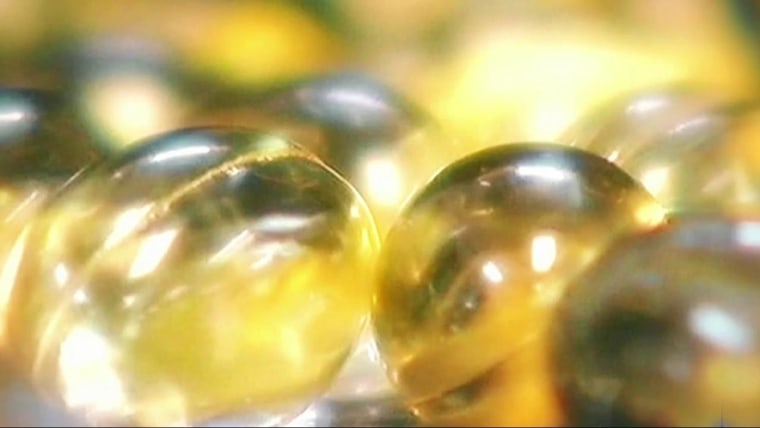

Interestingly, cardiologists have begun to realize the importance of vitamin D for cardiovascular health but the oncologists have not appreciated the non-skeletal benefits of vitamin D for their cancer patients. LE: Is this valuable information about the benefits of vitamin D to cancer patients getting into the hands of oncologists? So separate from its potential benefits of improving responsiveness to chemotherapeutic agents, patients feel better and they’re more active. Patients that I have treated feel better after treating their vitamin D deficiency. A lot of these symptoms that have been thought to be due to the cancer and the chemotherapy-many of them may be due to vitamin D deficiency. As a result, vitamin D deficiency in cancer patients not only can affect their bone health but also causes them to have a feeling of being depressed, having muscle weakness, and aches and pains in their bones and muscles. They may also have malabsorption of a whole range of nutrients including vitamin D. Also, they often have nausea, so that they don’t eat a well balanced diet that includes foods containing vitamin D such as dairy products, vitamin D fortified orange juice, salmon and mushrooms. These patients usually can’t go out in the sun, because the chemotherapeutic agents cause a photosensitivity reaction. MH: Cancer patients are at high risk for vitamin D deficiency. LE: Based on these studies, it would seem that every oncologist should be testing their patients for 25-hydroxyvitamin D levels and putting them on a regimen for optimal levels, in order to potentially improve their response to chemotherapy. But we do have evidence from our mouse studies that a patient may respond better to chemotherapy, have less tumor growth and have less metastatic activity, if you increase your vitamin D intake and get your blood levels in the range that I recommend in The Vitamin D Solution, which is to maintain a blood level of 25-hydroxyvitamin D of between 40-60 ng/ mL. What concerns me is that people may now think, “Aha, I won’t need to take my chemotherapy, I can just take more vitamin D.” I would never recommend that. MH: We are currently investigating these possibilities. Do the studies show that vitamin D’s role is just in prevention or are there possible treatment modalities? A few years ago no one would have imagined that vitamin D could play such an important role in the prevention of cancer. LE: In your new book The Vitamin D Solution, one of the most fascinating chapters is the discussion on vitamin D and the prevention of breast, prostate, and colon cancer. In the past two years, we now have mechanisms by which we can understand why vitamin D has so many important biologic roles to play and why it’s so important to be vitamin D sufficient to maintain maximum health. And all of a sudden, they were amazed to find compelling associations. MH: I think what happened was a few people started to actually listen and initiated studies to look at disease incidence, as it related to both sun exposure and vitamin D status. What happened to change the conversation?

Doctors, who think that supplementation is a waste of time, are now recommending vitamin D to their patients. LE: Seven years later, vitamin D is now the topic of discussion throughout the medical world. Everyone was aware of the need of vitamin D for childhood bone health and it was assumed that adults were able to get enough vitamin D from a balanced healthy diet. MH: I felt like a Maytag® repairman every time I got up to talk to doctors about vitamin D. You had a long fight to make your work heard. No one had any idea as to the wealth of health benefits that vitamin D can deliver. LE: Most doctors and most people knew that they received vitamin D in their milk and that it was good for bones, end of story. Holick, when Life Extension Magazine first interviewed you back in 2003, very few people were interested in the subject of vitamin D. Holick discusses the impact of his work and his future projects. Holick has pioneered and inspired significant studies that have investigated how receptors located throughout the body can employ vitamin D to reduce the risk of cancer, heart disease, diabetes, and depression. In this exclusive interview with Life Extension Magazine®, Dr. Holick. As the world’s leading vitamin D researcher, Dr. The explosive scientific interest in the broad-spectrum benefits of vitamin D are largely due to the lifelong research of one man, Dr.


 0 kommentar(er)
0 kommentar(er)
